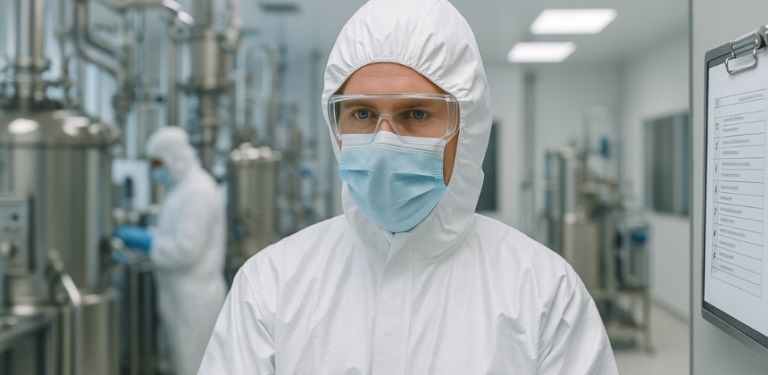GMP (Good Manufacturing Practice)
Definition
Good Manufacturing Practice (GMP) is a regulatory framework that ensures pharmaceutical products are consistently produced and controlled according to quality standards. GMP covers all aspects of production, from raw materials to finished product distribution, ensuring safety, efficacy, and quality.
 Blog Post
Blog Post
GMP vs ISO Key Differences for Pharma Quality and Compliance in 2026
Read moreDetailed Explanation
GMP is a critical component of the pharmaceutical industry, ensuring that drugs and medical products meet stringent safety and quality requirements. Compliance with GMP guidelines helps prevent contamination, mix-ups, and errors, thereby protecting patients and consumers.
Importance of GMP
GMP is essential for maintaining the integrity of pharmaceutical products. Key reasons for its importance include:
- Ensuring product quality and consistency
- Protecting patient health by preventing harmful contamination
- Complying with regulatory requirements to avoid legal and financial penalties
- Enhancing consumer confidence in pharmaceutical products
GMP Guidelines
GMP guidelines are established by regulatory bodies such as:
- U.S. FDA (Food and Drug Administration)
- EMA (European Medicines Agency)
- WHO (World Health Organization)
These guidelines cover various aspects, including:
- Personnel and training requirements
- Facility and equipment maintenance
- Raw material quality control
- Production process validation
- Record-keeping and documentation
Examples of GMP in Pharma
Examples of GMP implementation in the pharmaceutical industry include:
- Ensuring sterile environments for injectable drug production
- Maintaining proper documentation for batch production records
- Conducting regular quality control tests on raw materials and final products
- Implementing automated systems to track production consistency



